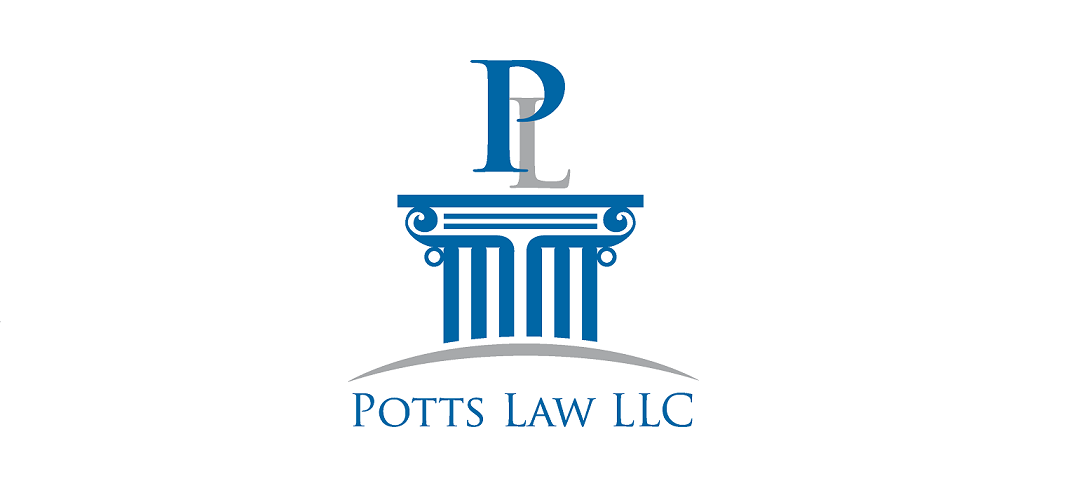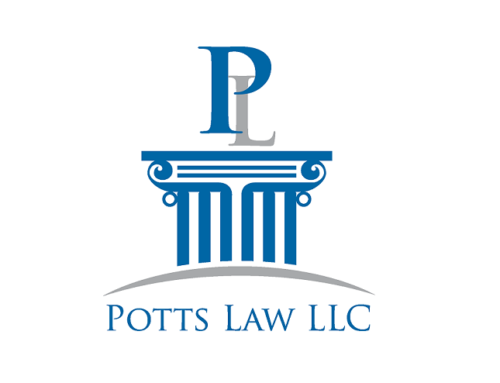A good drug crime lawyer in Indianapolis will tell you to consider your rights, even under the most stressful situations, such as during OVWI investigations or field sobriety tests. A recent court ruling has established an important stipulation in the law that distinguishes between drugs and alcohol when performing intoxication tests.
A Drug Crime Lawyer Indianapolis Advises Representation
If you are pulled over while driving and the police want to give you the standard field sobriety test because they think that you’ve been drinking, the courts recently reiterated that the police enjoy that right and are not required to advise you of your right to council. If they feel as though you are under the influence of drugs and want to begin their DRE examination, they need to communicate certain information to you, and that’s what brings us to the Dycus ruling.
The Dycus Ruling
As any Indianapolis drug offense lawyer is aware, though you may not have been, the Indiana court of appeals has made a ruling that negates the right of the police to perform a DRE in OVWI investigations without advising the subject of their right to consult an attorney before submitting to such a search.
One of the major reasons for this change in the law is that a DRE is not considered to be a limited search. It involves many invasive elements, such as shining a flashlight up a person’s nose, inserting a thermometer into their mouth, inspecting the arms and putting somebody in a dark closet to measure the reactions of their pupils.
The court decided that this sort of thorough examination provides the police with information about a person’s health, which they don’t necessarily have a right to. By being advised that they can consult an attorney, subjects can do so and, consequently, make a more informed decision.
Any good drug crime lawyer in Indianapolis will tell you that it’s important to know what your options are when you find yourself in a delicate situation. To learn more about your rights or to start a conversation about your current circumstances, contact Potts Law at (317) 951-0087 or fill out the online contact form.


